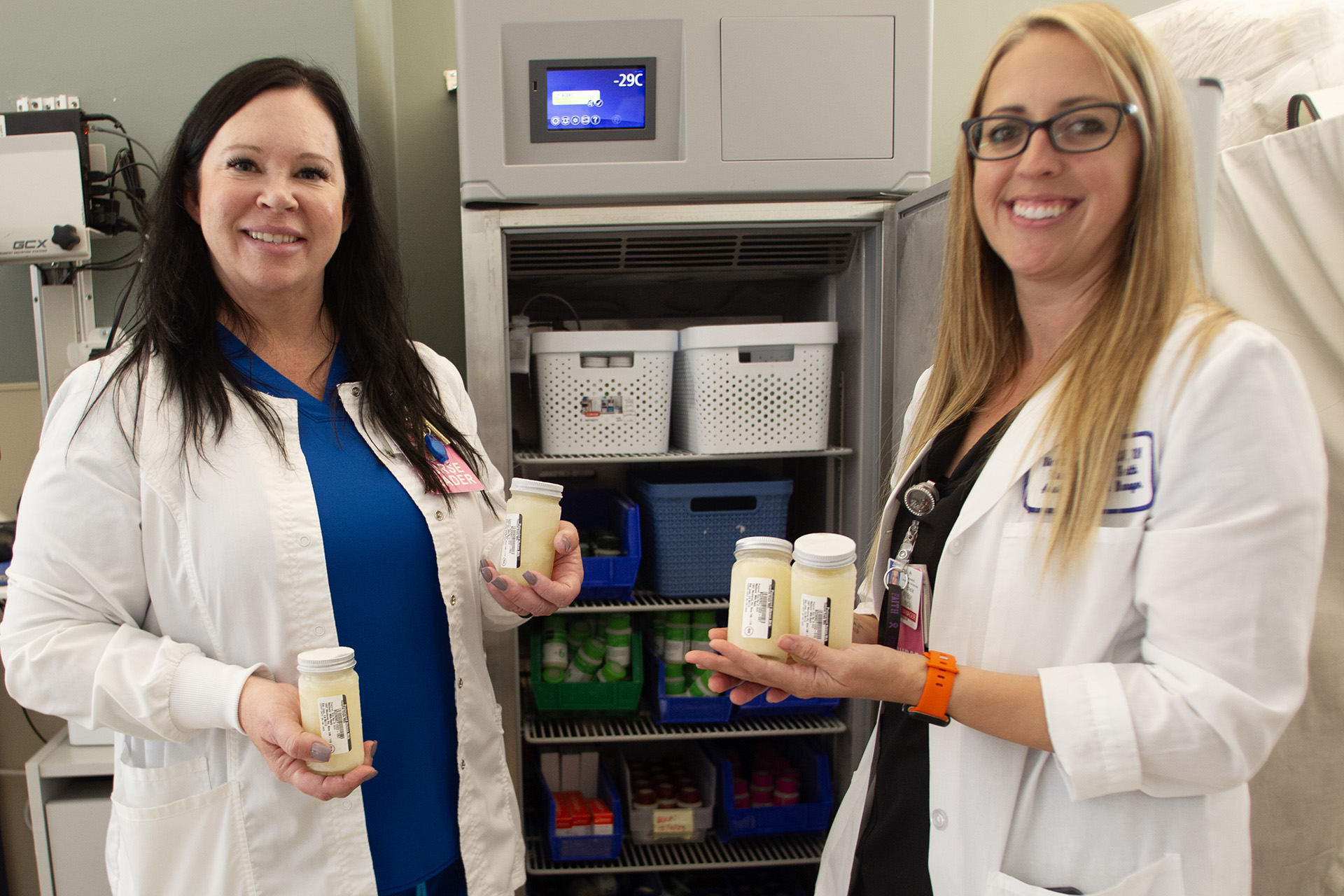April is World Autism Month. It is an important time to reflect on autism and to separate fact from fiction when it comes to understanding this health condition.
According to 2018 data from the Centers for Disease Control and Prevention, autism affects 1 in 44 children in the United States.
Understanding whether your child falls within the autism spectrum disorder (ASD) is essential, as it will help ensure that they get the proper and appropriate care needed to live a healthier and more independent life. However, being able to dismiss misinformation is equally important because it can create undue stress and anxiety that in the long run may be detrimental to a child’s health and future.
Avoiding undue alarm
“Having a better understanding of autism is beneficial to parents as it helps them avoid undue alarm,” said Ashley Zucker, MD, a psychiatrist with Kaiser Permanente in San Bernardino. “It’s important to know the facts because there’s a lot of misinformation that can cause unnecessary concern with great repercussions.”
One of the biggest misconceptions among some parents is that childhood vaccines, including COVID-19 shots, can cause a child to develop autism. “Nothing can be further from the truth,” Dr. Zucker notes. “There have been many studies that have debunked this belief. Childhood vaccines are safe and provide much-needed protection against serious diseases for children, including COVID-19 for those who are eligible.”
We are not experiencing an autism epidemic
Another fallacy, according to Dr. Zucker, is that there’s an autism epidemic taking place across the U.S. While it is true that more children are being diagnosed with autism, this is partly due to the increased tools available to physicians and behavioral health professionals today for diagnosing it.
“Because of advancements in medicine and behavioral health, we can now diagnose high-functioning children with ASD,” she explained. “Not long ago, diagnoses of kids with intellectual disabilities were often missed. Today, we understand that those disabilities are often related to autism. Hence, we find there are more children being diagnosed with autism, but there’s no epidemic.”
Understanding causes and effects
Autism is a neurodevelopmental disorder. Much remains for us to learn and understand about the causes and effects of autism. We know that parents don’t cause it. “The fact is that genetics play a major role in autism,” said Dr. Zucker.
The parents of a child who has been diagnosed with autism may naturally be concerned about their child’s development. However, an early diagnosis can lead to better outcomes.
“If your child has been diagnosed with autism, it’s important to know that they can still live productive and rewarding lives with proper behavioral and medical treatment,” Dr. Zucker noted. “The key to success is early diagnosis,” she said. “Kids who are diagnosed early and receive proper medical and behavioral health attention can have great outcomes and are often lifelong learners, just like any other person.”




